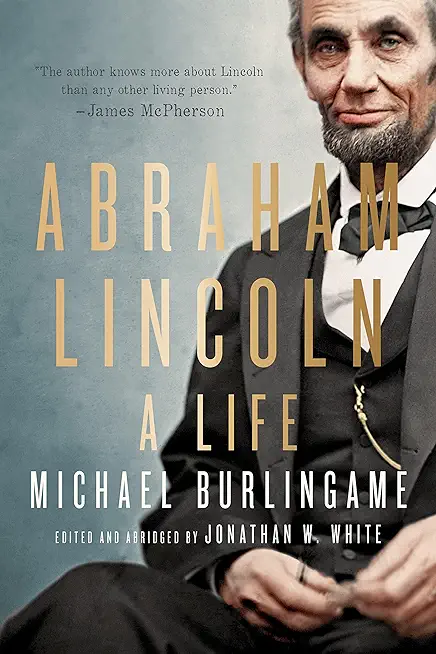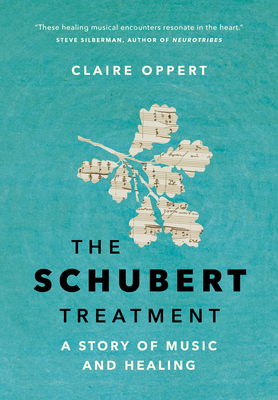
Sixteenth president of the United States, the Great Emancipator, and a surpassingly eloquent champion of national unity, freedom, and democracy, Abraham Lincoln is arguably the most studied and admired of all Americans. Michael Burlingame's astonishing Abraham Lincoln: A Life, edited and abridged by Jonathan W. White, offers fresh interpretations of this endlessly fascinating American leader.
Based on deep research in unpublished sources as well as newly digitized sources, this work reveals how Lincoln's character and personality were the North's secret weapon in the Civil War, the key variables that spelled the difference between victory and defeat. He was a model of psychological maturity and a fully individuated man whose influence remains unrivaled in the history of American public life.
Burlingame chronicles Lincoln's childhood and early development, romantic attachments and losses, his love of learning, legal training, and courtroom career as well as his political ambition, his term as congressman in the late 1840s, and his serious bouts of depression in early adulthood. Burlingame recounts, in fresh detail, the Abraham and Mary Todd Lincoln marriage and traces the mounting moral criticism of slavery that revived his political career and won this Springfield lawyer the presidency in 1860. This abridgement delivers Burlingame's signature insight into Lincoln as a young man, a father, and a politician.
Lincoln speaks to us not only as a champion of freedom, democracy, and national unity but also as a source of inspiration. Few have achieved his historical importance, but many can profit from his personal example, encouraged by the knowledge that despite a lifetime of troubles, he became a model of psychological maturity, moral clarity, and unimpeachable integrity. His presence and his leadership inspired his contemporaries; his life story will do the same for generations to come.







